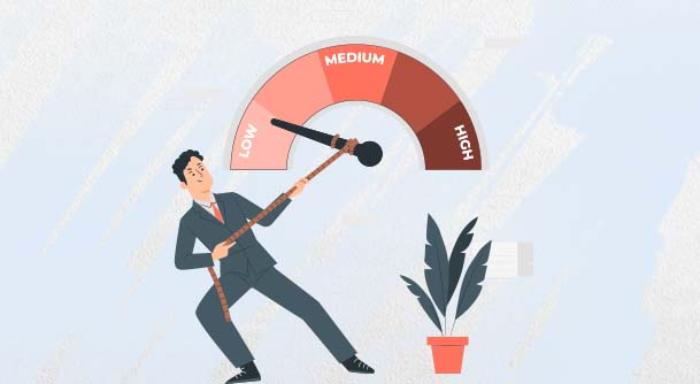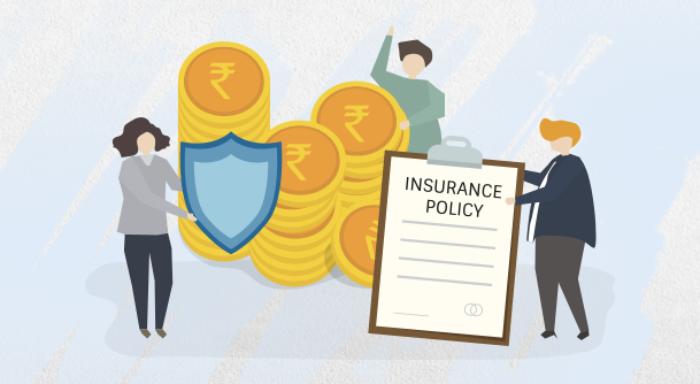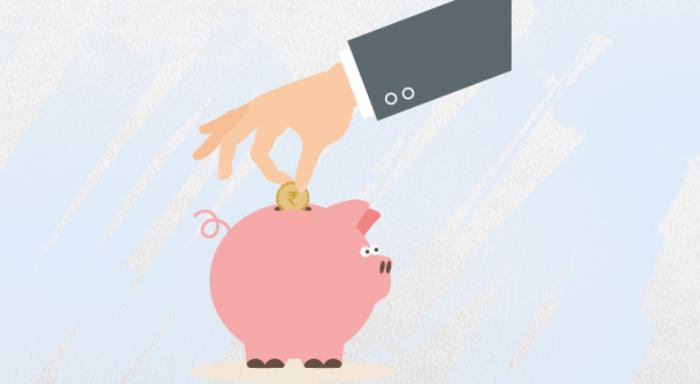What is Risk Assessment in Life Insurance?
Blog Title
509 |
#DidYouKnow All life insurance companies conduct a ‘risk assessment’ before selling an insurance policy to a potential customer. You might have come across the term ‘underwriting’ while looking for your ideal insurance plan. To put it simply, underwriting is the process where a financial institute takes on certain risks for a cost. In the case of life insurance, the risk in question is the financial loss that your family may suffer in case of your untimely passing.
For a life insurance company, your death is the risk they are trying to cover.
The life cover provided by the insurer will be able to financially secure your loved ones even when they no longer have your income to depend upon. The insurance company has to provide a payout upon your death, which means that the best-case scenario for them is that you are alive and well until the term end. In fact, the ‘risk’ for an insurer is lower if you are healthier. If you are curious about how insurance companies assess risk, then below are some key points that are integral to life insurance underwriting.
Your Health & Family Medical History
Your medical history is one of the most important factors when it comes to life insurance risk assessment. Insurance companies benefit the most when you reach the end of your policy term. So, the more likely you are to reach term end, the less risky of a customer you are for the insurer.
In general, a health person tends to have a lower premium compared to someone with preexisting medical conditions, even when the life cover amount is the same. This is because the insurer is taking on a greater risk while providing coverage for someone with health issues. Even if you have no health issues right now, your family medical history may also lead to higher premiums. If your family is predisposed to certain medical problems, then it is likely that you will eventually get the same diseases, which increases the risk for the insurer.
While your family’s medical history cannot be change, you can control your own lifestyle. Live healthy to reduce your premiums and get higher life coverage.
Your Age
The best time to purchase life insurance is when you are younger. The reason for this is quite simple, someone who is younger is far less likely to develop serious health problems, and hence are more likely to reach term end. This is why the premium for younger people is generally lower, especially for term insurance plans. You can get high life cover for a reasonable premium in your 20s, but the same life cover amount may be costlier if you try to purchase insurance in your 30s. So, try to buy life insurance as soon as possible to get affordable premiums.
Your Income & Debts
The maximum value of your life cover value depends on your ‘Human Life Value’ or HLV. Your HLV is calculated based on your current income. By extrapolating your current income to the point of retirement, the insurer is able to predict how much money you will earn over the course of your work life. Of course, this value is not a 100% accurate, as someone’s income can increase or decrease drastically over time, but it gives an insurance company a good idea of your potential net worth.
Those with higher HLV will be able to get a higher life cover amount, as their family will require a greater sum to maintain their current standard of living. Your outstanding debts and investments are also taken into account during the risk assessment process.
Lifestyle and Other Important Factors
Along with your medical history, your lifestyle habits are also considered during the underwriting process. Smokers are likely to have a higher premium compared to non-smokers. This is due to the fact that regular smoking leads to numerous health problems later in life. But smoking is not the only lifestyle choice that is considered risky for insurers.
Some insurance companies also take your current job into consideration. If you work in a job that is inherently dangerous, your premium rate might be higher than average. Deaths due to dangerous jobs or hobbies might also be excluded in certain life insurance policies, so please any policy’s exclusion clause before finalising your purchase.
Some other factors that might affect your risk assessment include:
- Your Gender- As per recent studies, Women tend to live longer than men and hence might have lower premiums.
- Your Previous Insurance History- If you have pre-existing insurance policies then your subsequent life cover amount will be reduced.
- Your Education Status- Those who are undergraduates or above are more likely to get beneficial premium rates.
- Your Credit Score- You do not need a good credit score to buy an insurance policy. However, insurers do take your credit score into account during the risk assessment process, and it may affect your coverage amount.
Example
Let’s consider two applicants, Sanjay who is 25, and Raj who is 45. Both the applicants want life cover of around ₹1 crore from a term of 20 years. Sanjay is young, healthy, and does not smoke. On the other hand, Raj is in his middle years, and though he doesn’t smoke either, he is diabetic, and his family’s medical history shows that they are prone to heart diseases. In this case, Sanjay is likely to get a favourable premium rate compared to Raj, who is a riskier candidate for the insurer.
Conclusion
To put it simply, younger, and healthier people are less of a risk for life insurance companies and will hence get a lower premium for the same life cover amount. However, this does not mean that you cannot get insured when you are older. In fact, Edelweiss Tokio Life Insurance provides policies that even cater to senior citizens who want life cover along with pension. There is a right plan for each person, and even those who are considered “high-risk” customers can get a life insurance policy.
Siddhant Dubey - Writer & Photographer
Siddhant works as a freelance content writer who is interested in a wide range of spheres from photography and personal finance to cooking. He is also an aspiring photographer striving to showcase life around him through his vision.










